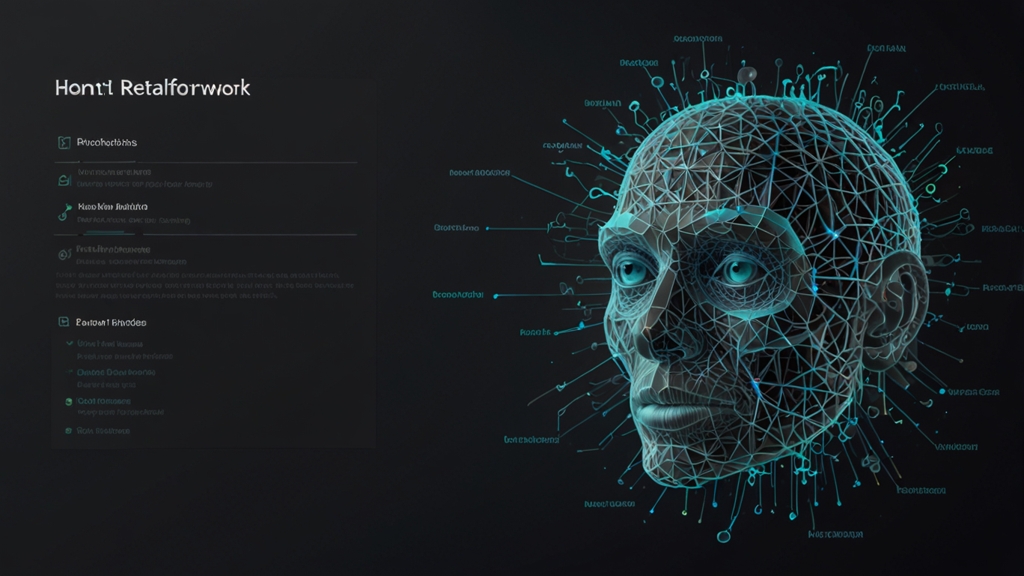Why You Need to Think Like a Philosopher Today
In the hustle and bustle of modern life, the idea of thinking like a philosopher might seem antiquated or even irrelevant. Yet, the practice of philosophy is more pertinent today than ever before. Whether you're navigating the complexities of personal relationships, making ethical decisions at work, or seeking meaningful answers to life's big questions, adopting a philosophical mindset can provide invaluable tools for critical thinking and self-reflection.
What Does It Mean to Think Like a Philosopher?
Philosophical thinking isn't about memorizing ancient texts or engaging in esoteric debates. At its core, it's about cultivating a mindset that's curious, critical, and open to different perspectives. Philosophers are trained to analyze arguments, recognize logical fallacies, and question assumptions. These skills are not only useful in academic settings but are also crucial in everyday life.
"The unexamined life is not worth living." - Socrates
This famous quote from Socrates encapsulates the essence of philosophical inquiry. It encourages individuals to examine their beliefs, values, and actions to lead more enlightened and fulfilling lives.
Enhancing Critical Thinking Skills
In an era dominated by information overload and rampant misinformation, the ability to think critically is more crucial than ever. Philosophical thinking equips individuals with the skills to evaluate the credibility of sources, discern between sound arguments and logical fallacies, and make well-reasoned decisions. This level of scrutiny is essential not just for academic pursuits but for informed citizenship and effective problem-solving in various aspects of life.
Ethical Decision-Making
Every day, we are faced with decisions that require us to weigh various ethical considerations. Whether it's about business practices, environmental sustainability, or social justice, thinking like a philosopher helps us navigate these complex moral landscapes. By reflecting on ethical theories and principles, we can develop a more nuanced understanding of right and wrong and make decisions that align with our core values.
"We are what we repeatedly do. Excellence, then, is not an act, but a habit." - Aristotle
Aristotle's words remind us that our actions define us. By incorporating philosophical thinking into our daily routines, we can practice making ethical choices consistently, thus cultivating a life of integrity and purpose.
Personal Growth and Self-Reflection
Philosophy also offers tools for personal growth and self-understanding. Through reflective practices like journaling and mindful contemplation, we can gain insights into our motivations, fears, and aspirations. Philosophical inquiry encourages us to ask deep questions about our existence, our purpose, and our place in the world. This not only enriches our inner lives but also helps us connect more deeply with others.
Fostering Open-Mindedness and Empathy
In a world rife with division and conflict, the ability to understand and appreciate diverse perspectives is invaluable. Philosophers are trained to consider multiple viewpoints and to build arguments that are logical and fair. This mindset fosters open-mindedness and empathy, allowing us to engage in more productive dialogues and build stronger, more inclusive communities.
Philosophy encourages us to be lifelong learners, always seeking to broaden our understanding and challenge our preconceptions. In doing so, we become more adaptable and resilient, better equipped to face the uncertainties of the modern world.
Conclusion: Embrace the Philosopher's Mindset
In conclusion, thinking like a philosopher is not just an academic exercise—it's a practical and transformative approach to life. By enhancing our critical thinking skills, guiding our ethical decision-making, fostering personal growth, and promoting open-mindedness, philosophical thinking can help us navigate the complexities of modern life more effectively.
The challenges we face today—whether they are personal, professional, or societal—demand thoughtful, informed, and ethical approaches. Embracing the philosopher's mindset can provide us with the tools we need to meet these challenges head-on and lead richer, more meaningful lives.








